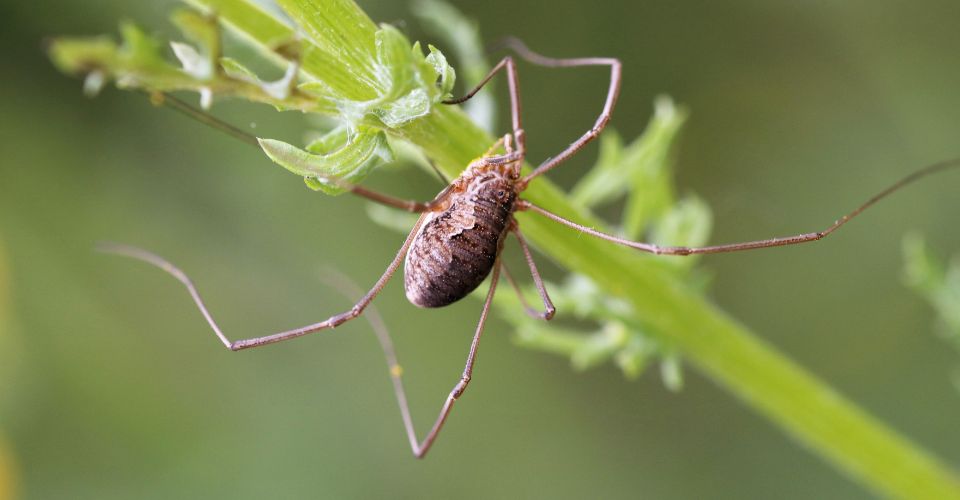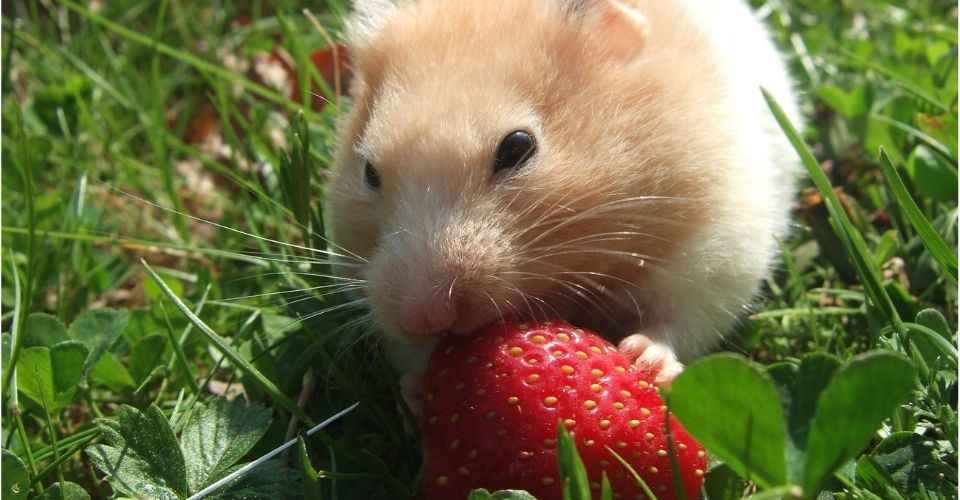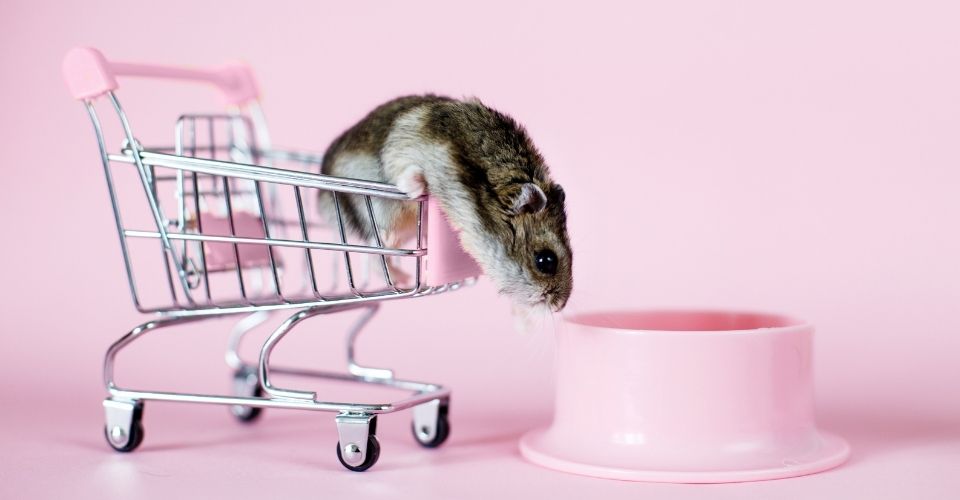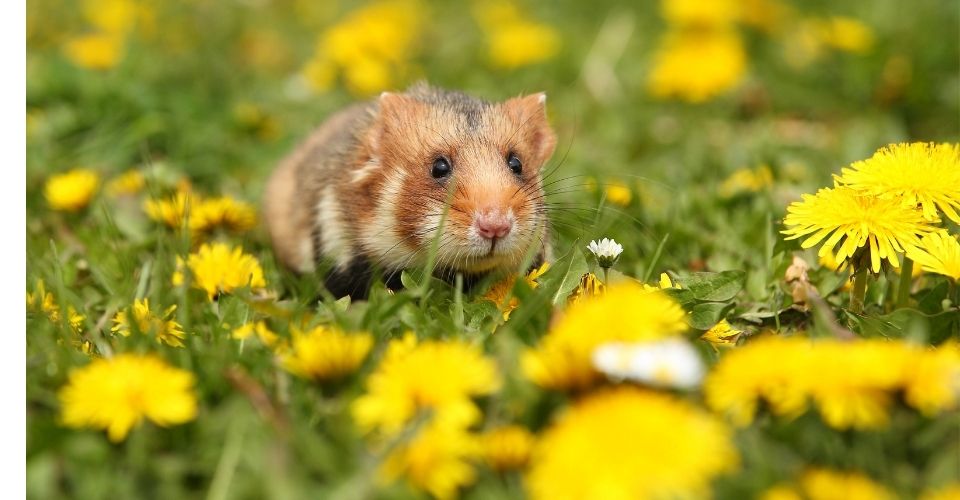Can hamsters eat watermelon? The short answer is yes, watermelon makes a healthy and refreshing summer treat for hamsters. However, this does not mean that you let your hamster dig into a large piece of watermelon as there are many caveats attached with the ‘yes.’ To learn all about hamsters and watermelon, read along we dig into the details.
Hamsters are one of the tiniest domesticated creatures to ever exist in history. They are nocturnal, which means they like to sleep during the day. Commonly known as pocket pets, there are 24 species of hamsters around the world. Hamsters originated in Syria, though they can also be found in Greece, China, Belgium, and Romania.
They mostly live in warm and dry areas like dunes and steppes. If you own or want to own a hamster, there are certain factors to keep in mind to ensure a healthy lifestyle for your pet. Hamsters’ diet needs to be carefully monitored; therefore, you need to thoroughly research and consult your vet before feeding anything new to your hamster.
Hamsters’ owners mostly worry about what to feed their pets in the summers. Summer treats like mangoes, watermelons, melons, and peaches are commonly loved throughout the world, and people often wonder if they can let their pets enjoy the summer season delicious fruits they are blessed with.
In this article, we have compiled some facts and benefits of the most loved summer season fruit, watermelon, and if hamsters’ owners can feed it to their little guy. Let’s answer the basic question first, can hamsters eat watermelon?
Can Hamsters Eat Watermelon?
Yes, hamsters can eat watermelon, but you will have to be a bit careful while sharing watermelon with hamsters, as there are many caveats attached. You can only give the fleshy part of watermelon to your hamsters and too in moderate amounts. Watermelon rind and seeds are a big no-no for hamsters.
How Much Watermelon Can a Hamster Eat?
Hamsters’ owners must exercise caution while feeding them watermelon. It’s natural to have the urge to share your sweets with your pets, but they are prone to overeating like us. More than 90% of this delicious treat is water, and an excessive amount of water may cause your hamster diarrhea.
On the other hand, watermelon is a highly nutritious fruit that is beneficial and healthy for both humans and hamsters. With having both pros and cons, watermelon must be given in moderate amounts to hamsters to ensure they consume all the nutrients without falling prey to the cons.
Watermelon is an excellent source of hydration for humans. For hamsters, however, this is not the case. No doubt, eating watermelon will help keep your hamster hydrated, but if consumed in excess, it can also have some negative effects, the most common of which is diarrhea.
Hamsters don’t know when to stop eating and will eat until they cannot eat anymore. When it comes to watermelon, this is a terrible thing. They will consume too much water and develop stomach problems. If you don’t monitor how much food your hamster eats, gastrointestinal issues will occur.
As watermelons have high sugar levels, it is extremely important to make sure you feed your hamster a moderate amount once or twice a week. Hamsters only need four tablespoons of food each day, so make sure the slices are small.
Potential Health Hazards of Feeding Watermelon to Hamsters
Obesity: Hamsters are prone to overeating and obesity. Therefore, while offering them treats like watermelon and strawberries that are high in sugar, you should be mindful of your ham’s caloric intake.
Choking: Nibbling on watermelon, hamsters can choke if they take a large bite of the flesh or the rind. More so, watermelon seeds also pose a choking hazard to our little hammies.
Dehydration and Diarrhea: Where the juiciness of watermelon help keep hamsters hydrated when consumed in moderation, eating in excess could be counterproductive—causing loose stool, extreme diarrhea, and dehydration.
Diabetes: Since watermelons are brimming with sugar, eating in excess could lead to the development of diabetes in our ham hams.
Nutritional Value of Watermelon
Watermelon contains a lot of minerals—calcium, iron, zinc, magnesium, phosphorus—that can fulfill all the nutrient deficiencies your pet has.
Hamsters also require a lot of vitamin C, which is abundant in watermelons. The fruit is packed with minerals and phytonutrients and is also strong in lycopene and beta-carotene.
Watermelon belongs to the Cucurbitaceae family and is best enjoyed in the summer. As watermelons are mainly water and have a low-calorie content per 100 grams, it doesn’t provide much to mammals. Watermelons have a carbohydrate content of 7.55 percent, a protein content of 0.61 percent, and fat content of 0.15 percent.
Read: Can Hamsters Eat Grapes?
Can Hamsters Eat Watermelon Rind and Seeds?
While there is nothing toxic in the watermelon rind and seeds, our hamsters are not as thrilled to nibble on watermelon rind as they are to dig into watermelon flesh since it includes citrulline—a bitter-tasting amino acid. So the rind of the watermelon, while delicious, is not as popular as the aromatic flesh. That said, the white, inside part—of the watermelon flesh is easier for hamsters to digest as compared to the outer part. If you want to feed the rind to your hamster, make sure to wash it thoroughly to get rid of any chemicals and pesticides on the outer shell.
As far as watermelon seeds are concerned, you have to make a judgment call, depending on the size of your hamster. While seeds are a big no-no for small hamster breeds like dwarf and Robbo hamsters since they are at a higher risk of choking on seeds, comparatively bigger hamsters like Syrian hamsters can safely eat seeds.
It is better to err on the side of caution than risking your hamster choking on watermelon seed or rind!
Can Hamsters Drink Watermelon Juice?
No—if it contains any additives, such as sugar. While watermelon flesh is ok for hamsters to eat in moderation, watermelon juice is not as it contains too much sugar. So, taking a few sips would easily dehydrate your pocket pet and upset their stomach.
Is Watermelon Safe For Hamster To Eat?
As mentioned earlier, watermelons are absolutely safe for hamsters if given in a moderate amount, so don’t be alarmed if your hamster ate some. Watermelon, like any other fruit or vegetable, should be introduced to your pet’s diet gradually.
If your hamster consumes an immoderate amount, it may get digestive difficulties or gastrointestinal disorders like diarrhea or vomiting. In the beginning, tiny portions of the watermelon should be fed once or twice a week. You can then observe if your hamster is enjoying the treat without showing any problematic symptoms. Increase the amount gradually if no symptoms occur. Some hamsters, however, should only consume watermelon on rare occasions, according to experts. This is because this is not their normal food in the wild, and their bodies aren’t designed to digest it correctly.
Watermelon Balls: toy-cum-snack for hammies!
Using a watermelon ball scooper, you can scoop out watermelon balls from the seedless part of watermelon flesh. Your hamsters would snack on the ball while playing, making it a fun activity.
What Other Fruits and Vegetables Can Hamsters Eat?
The Final Verdict: Can Hamsters Eat Watermelon?
Absolutely! All hamsters, including Dwarf, Robbo, and Syrian hamsters, can safely consume watermelon. Watermelon makes a healthy treat for hamsters are far as it is being provided in moderate amounts occasionally as a treat while considering the caveats involved. While most hamsters can safely consume watermelon rind and seeds, it is recommended that we only offer watermelon flesh to our hamsters.





